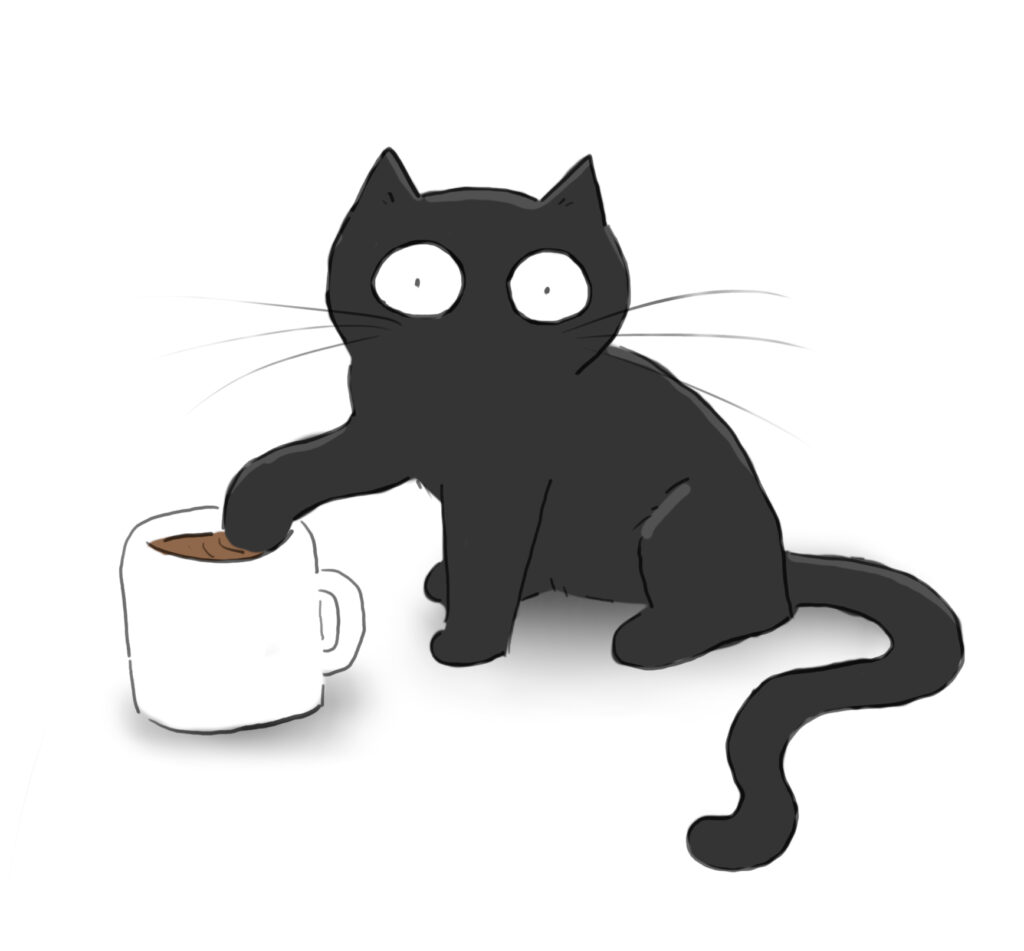
Doug (Somerset, UK) is a very helpful cat, and has kindly tested the temperature of his human’s tea. It is now much fluffier tea than it was before, and therefore much improved.
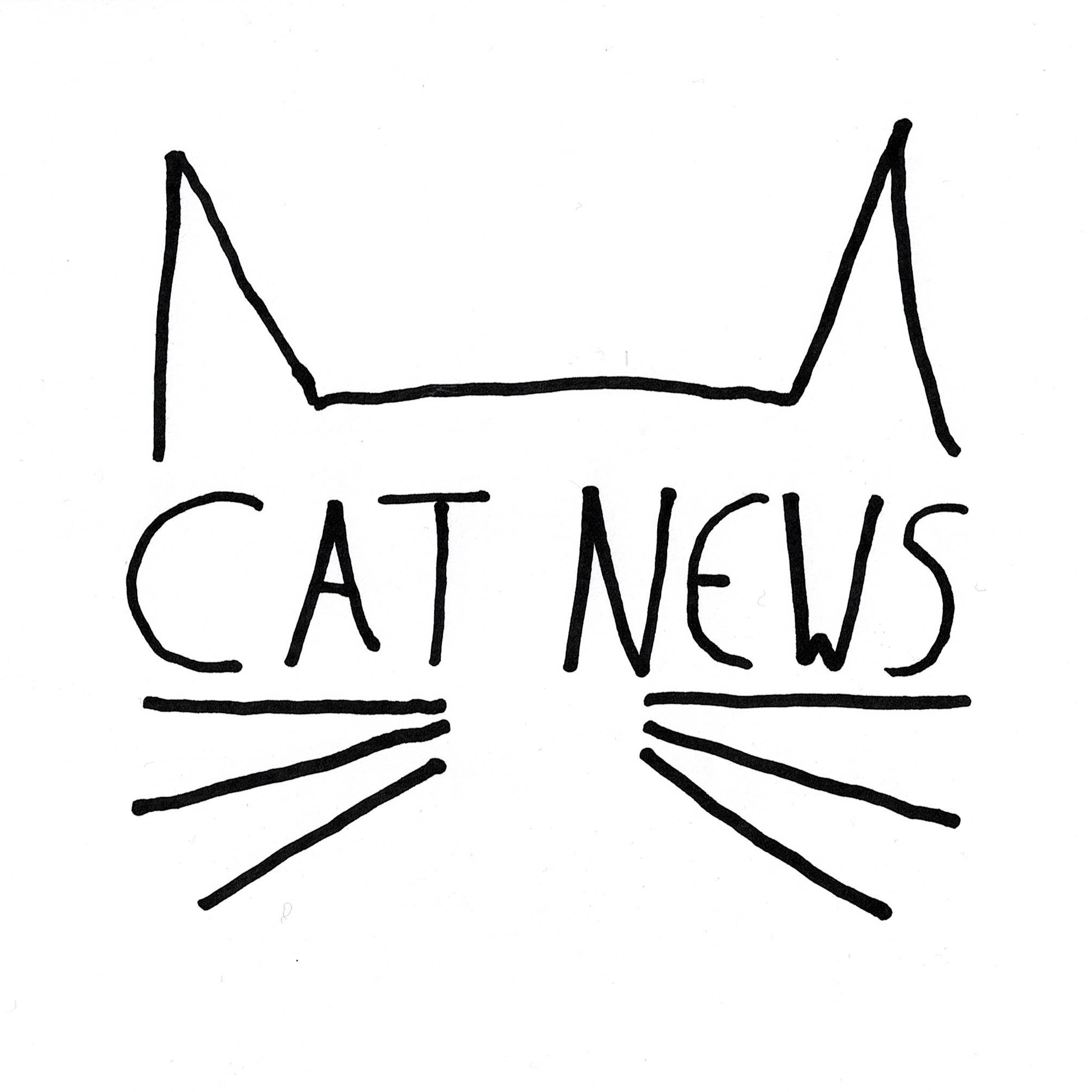
All the ways cats are smart
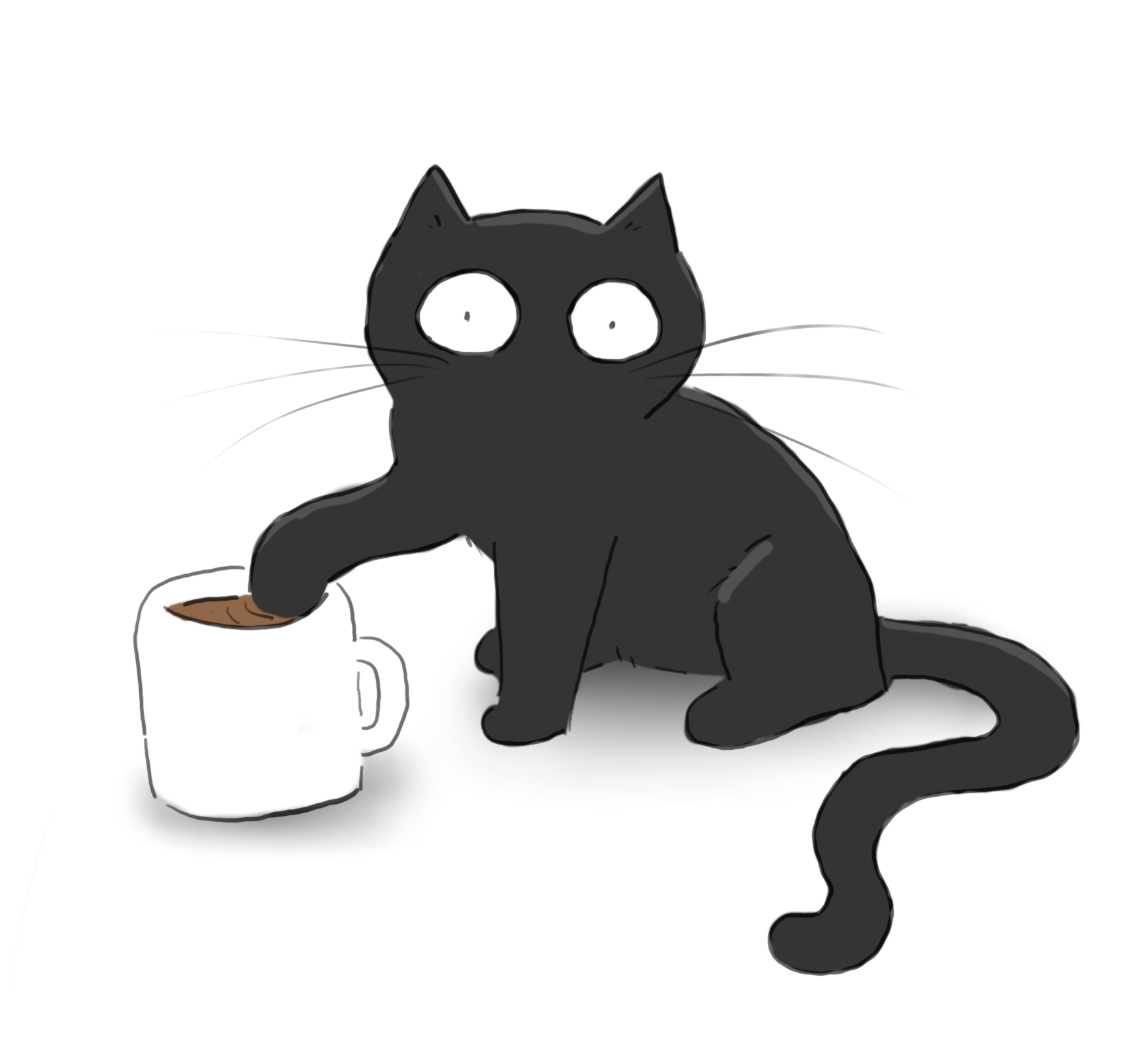

Doug (Somerset, UK) is a very helpful cat, and has kindly tested the temperature of his human’s tea. It is now much fluffier tea than it was before, and therefore much improved.
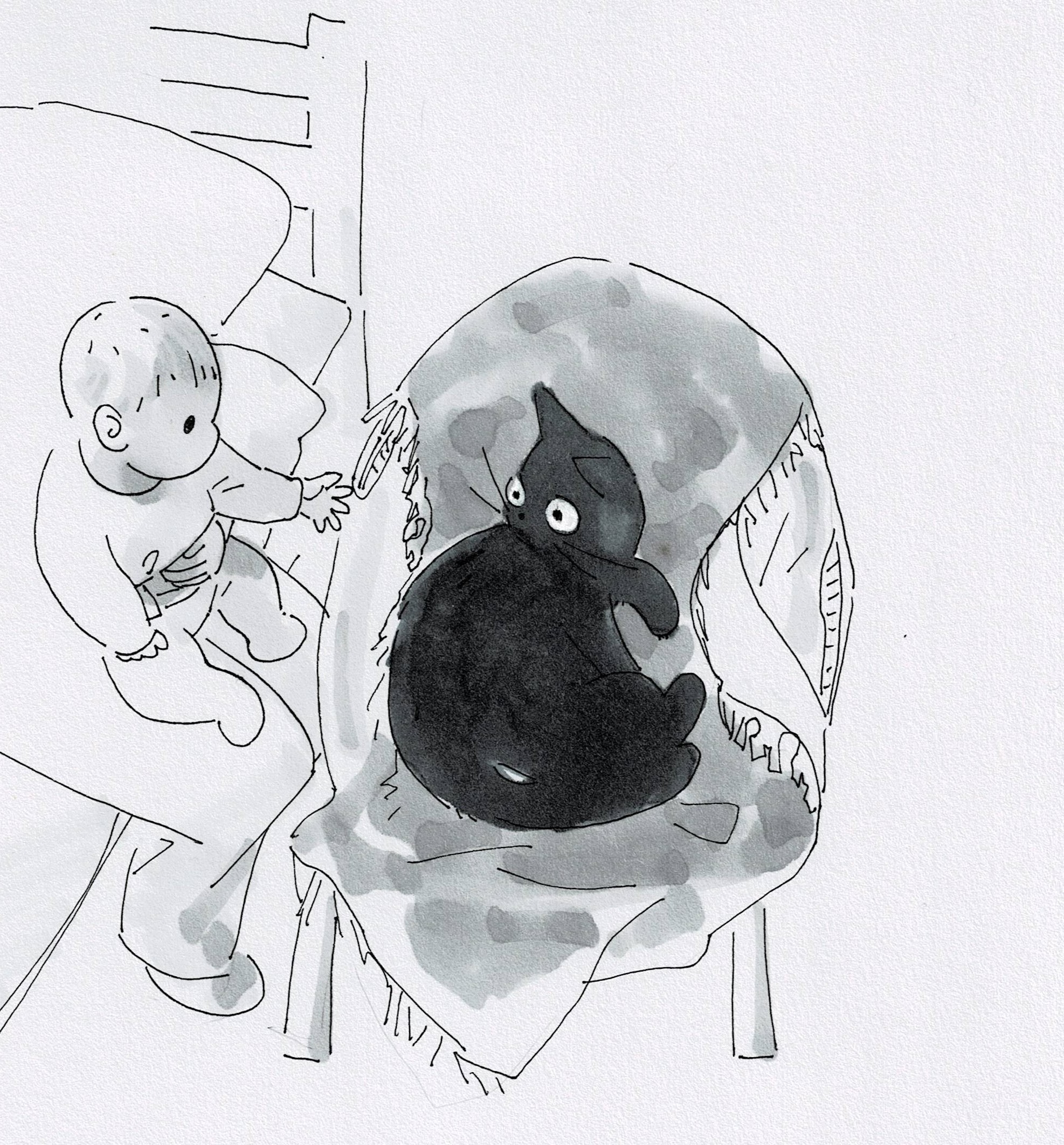
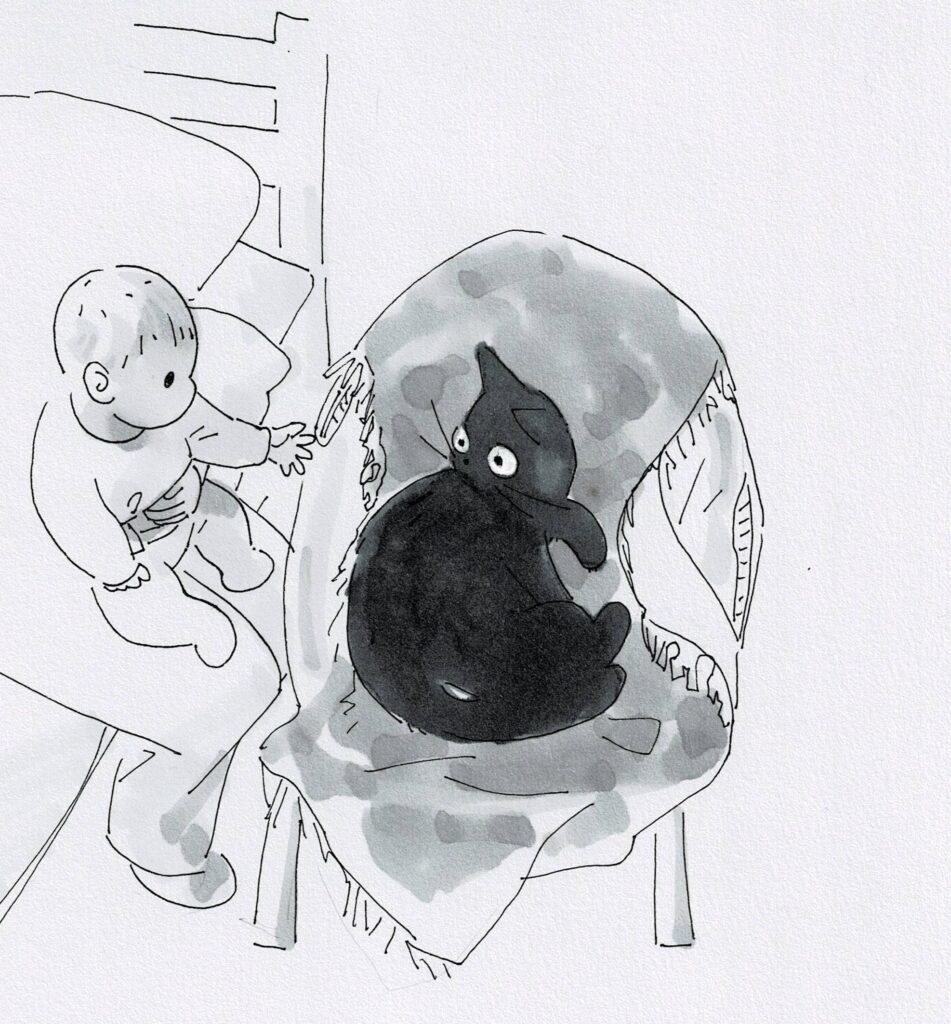
Nayla (Greater London, UK) has been trying out new beds recently. A play mat, a play mat cover and a pram have all been tested. But the Moses basket has been the best one. Especially as the small human warmed it in advance.

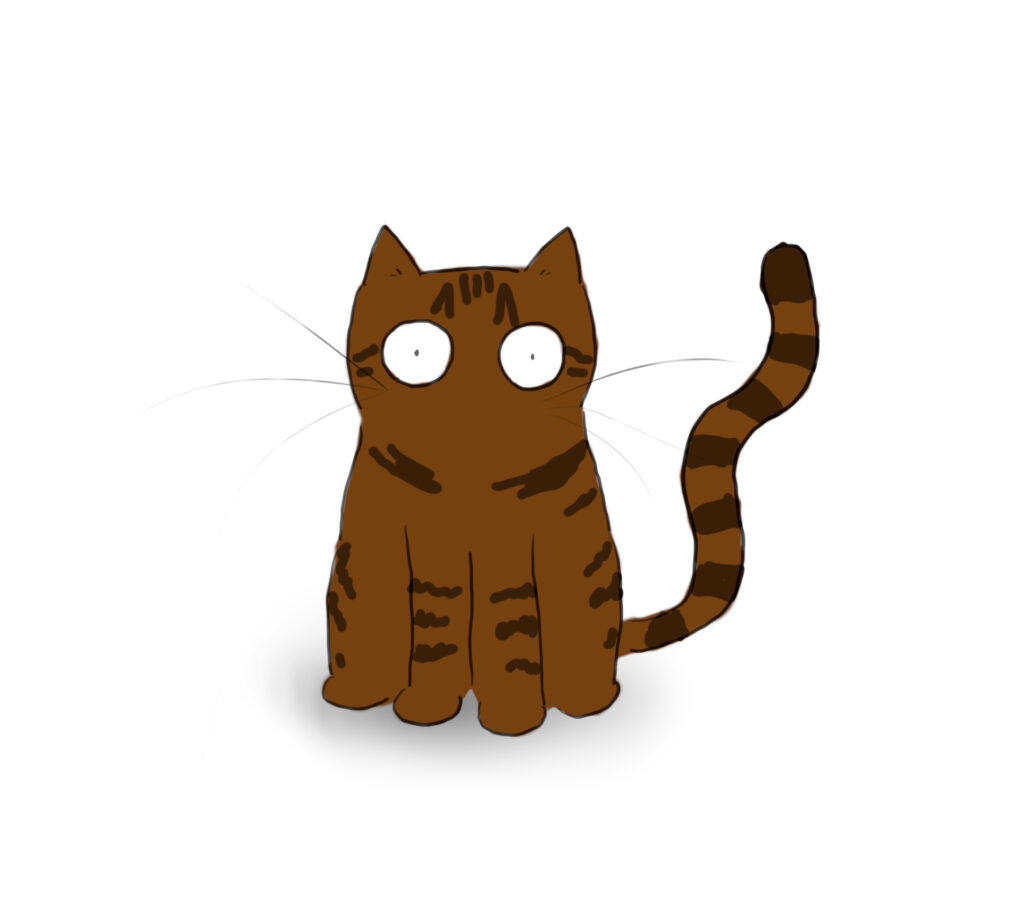
Peanut (West Sussex, UK) is always a quiet cat. In fact his humans don’t always know he is in the same room as them. They just turn around and there he is. Peanut is here.
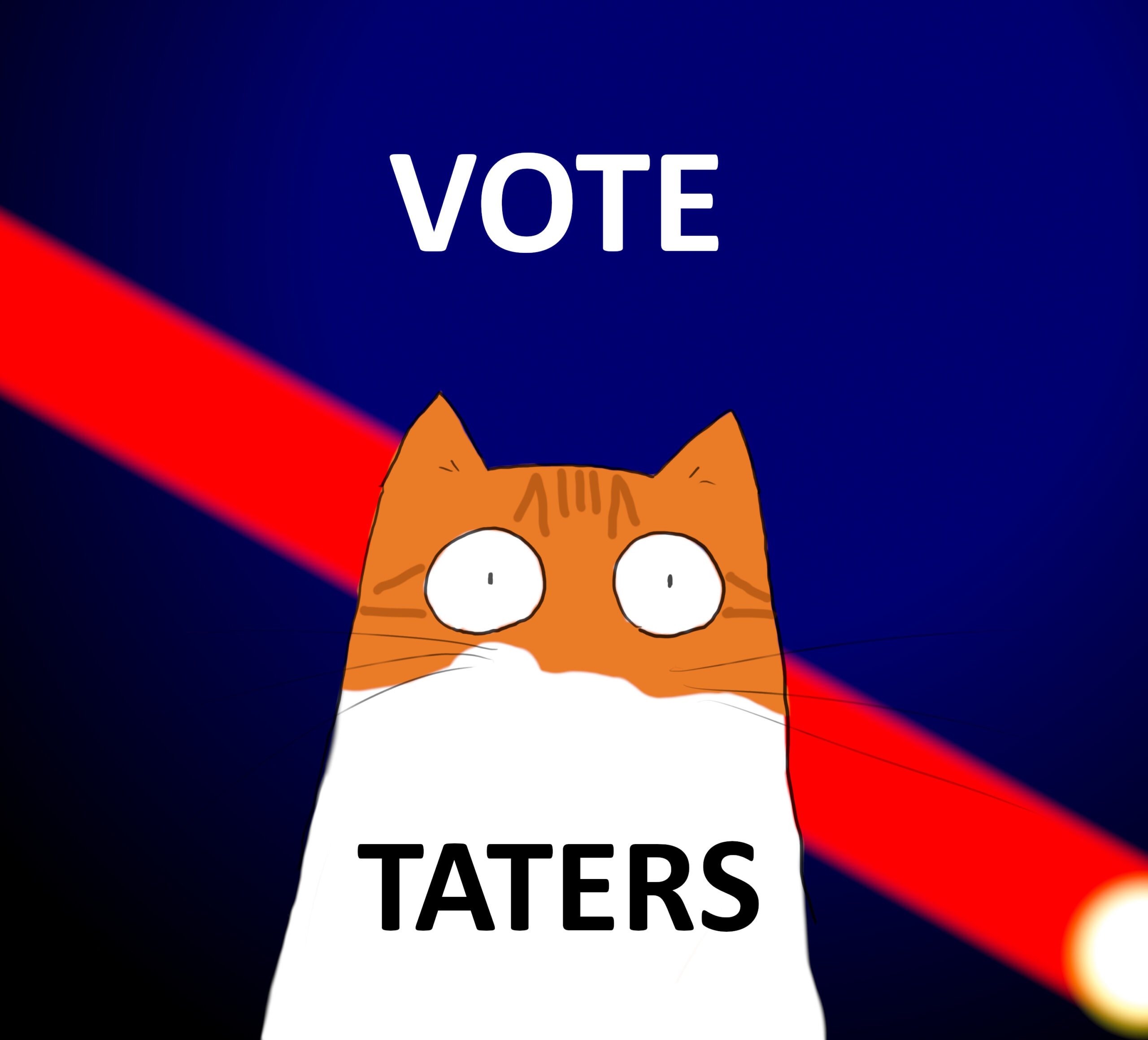
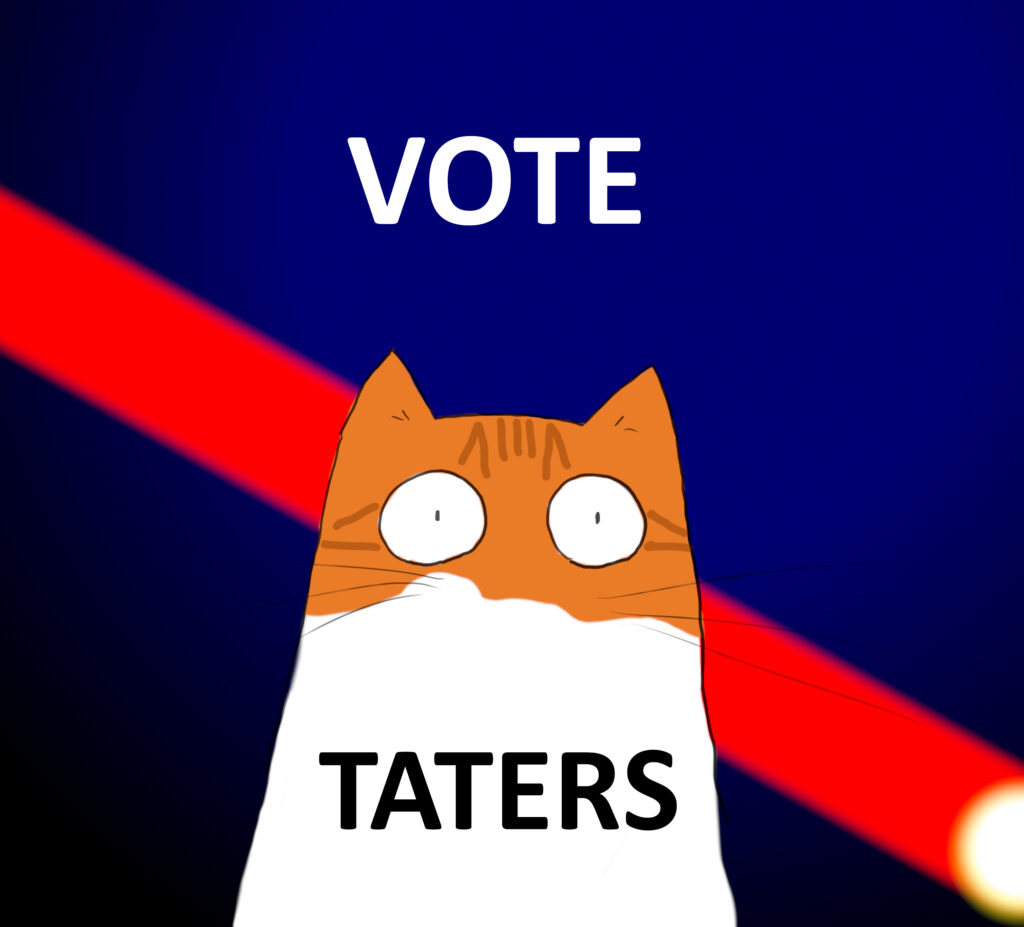
Cat News believes in supporting cats who are making important cultural contributions, so we are happy to report that Taters (California, USA) has been nominated for a Webby Award for his contributions at NASA. Cats are important internet ambassadors and it is nice to see them recognised.
You can vote for him here:
https://vote.webbyawards.com/PublicVoting#/2025/video-film/general-video-film/events-live-streams
You can see our report on his work here:
Taters
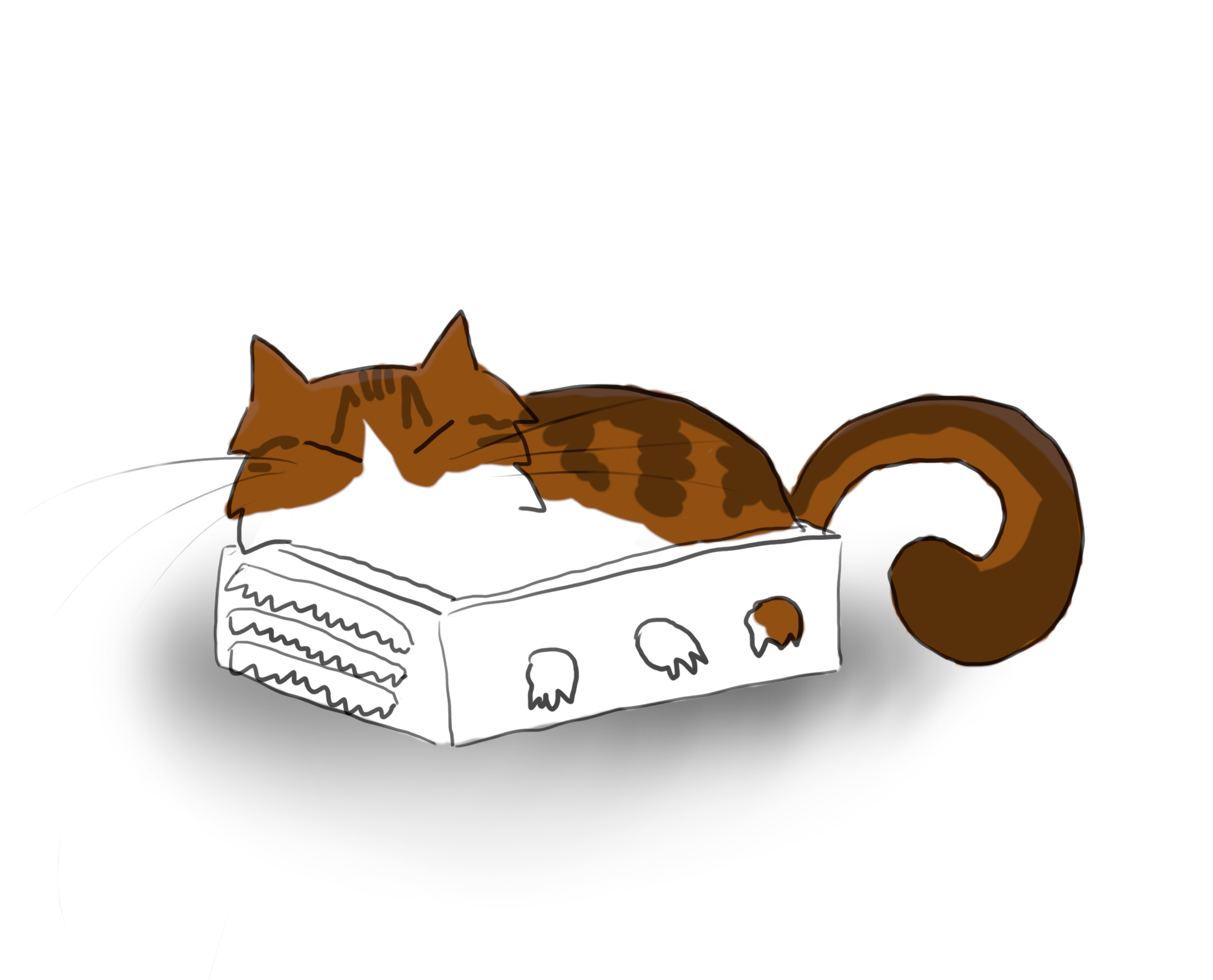
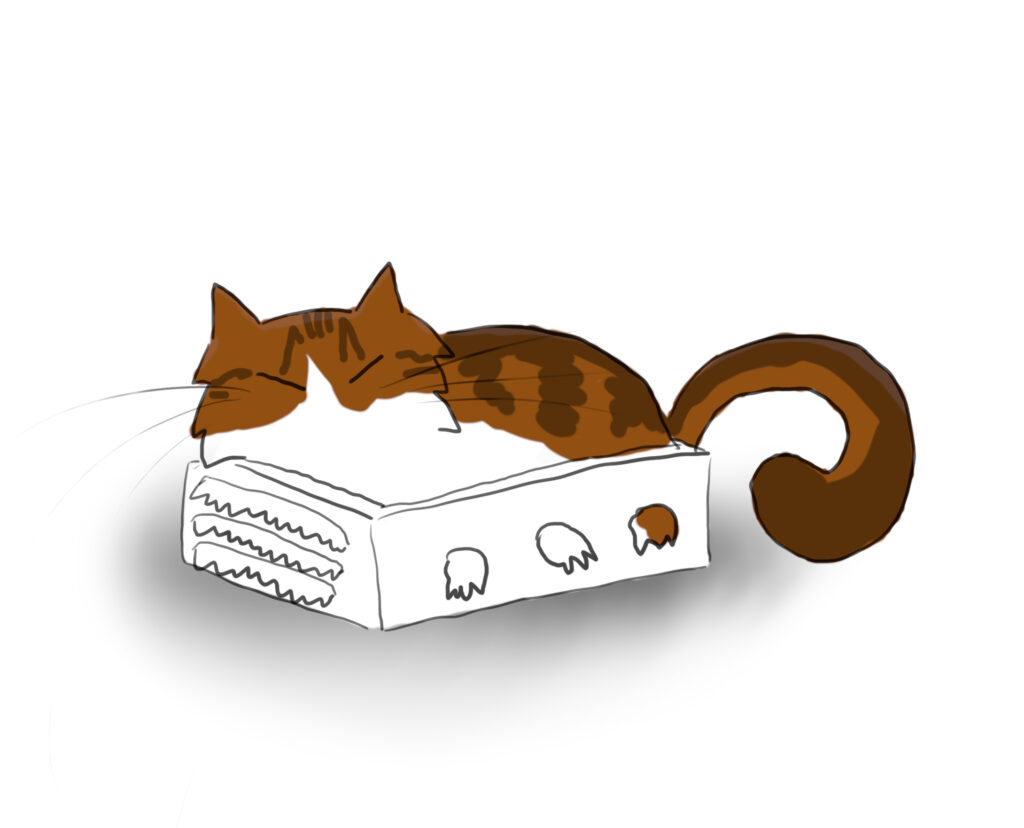
The humans have been trying different locations for their wifi router, including a box that can be mounted on the wall. Pippin (BC, Canada) prefers it on the floor though, even if all the holes get full of fur.
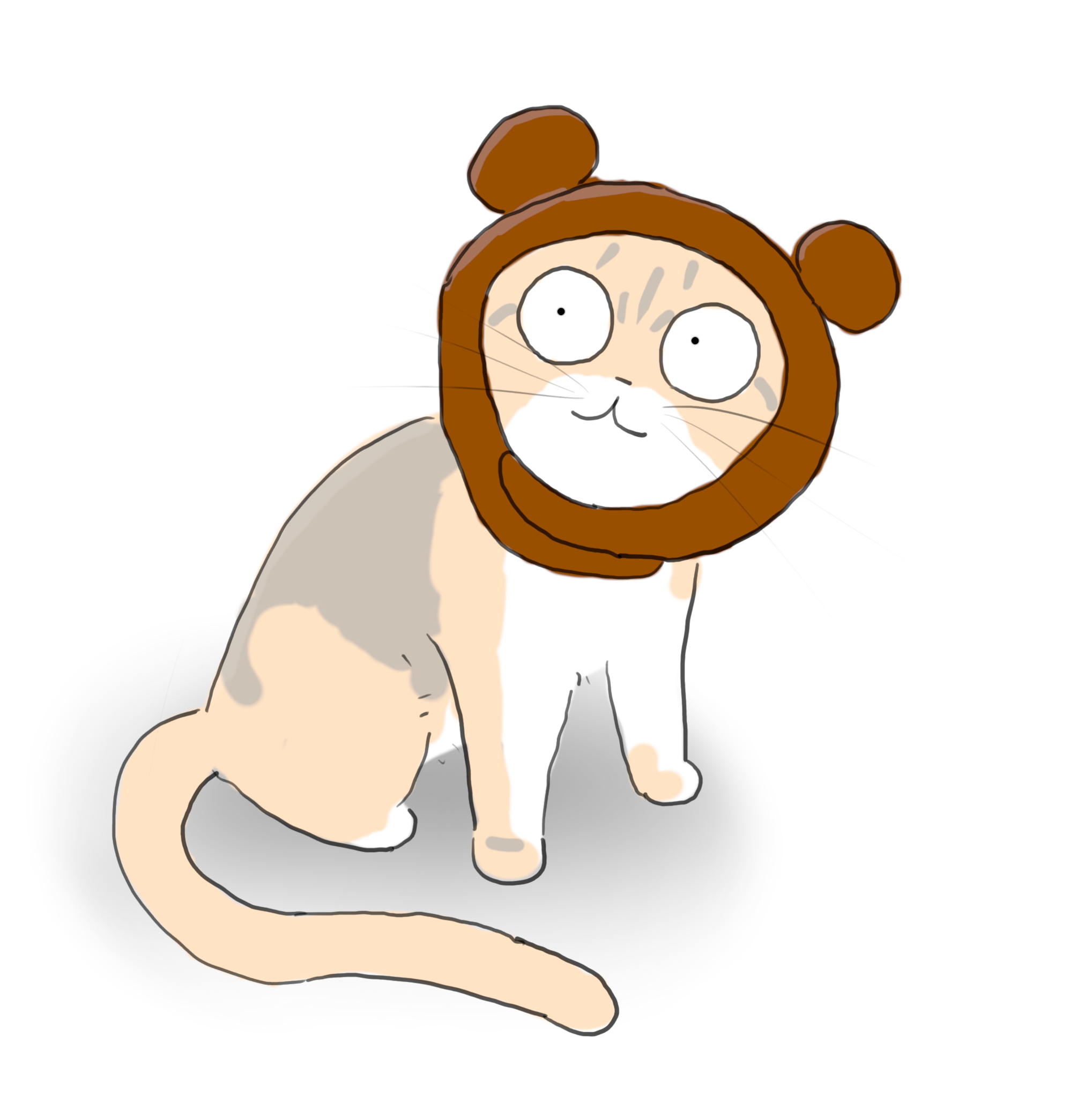
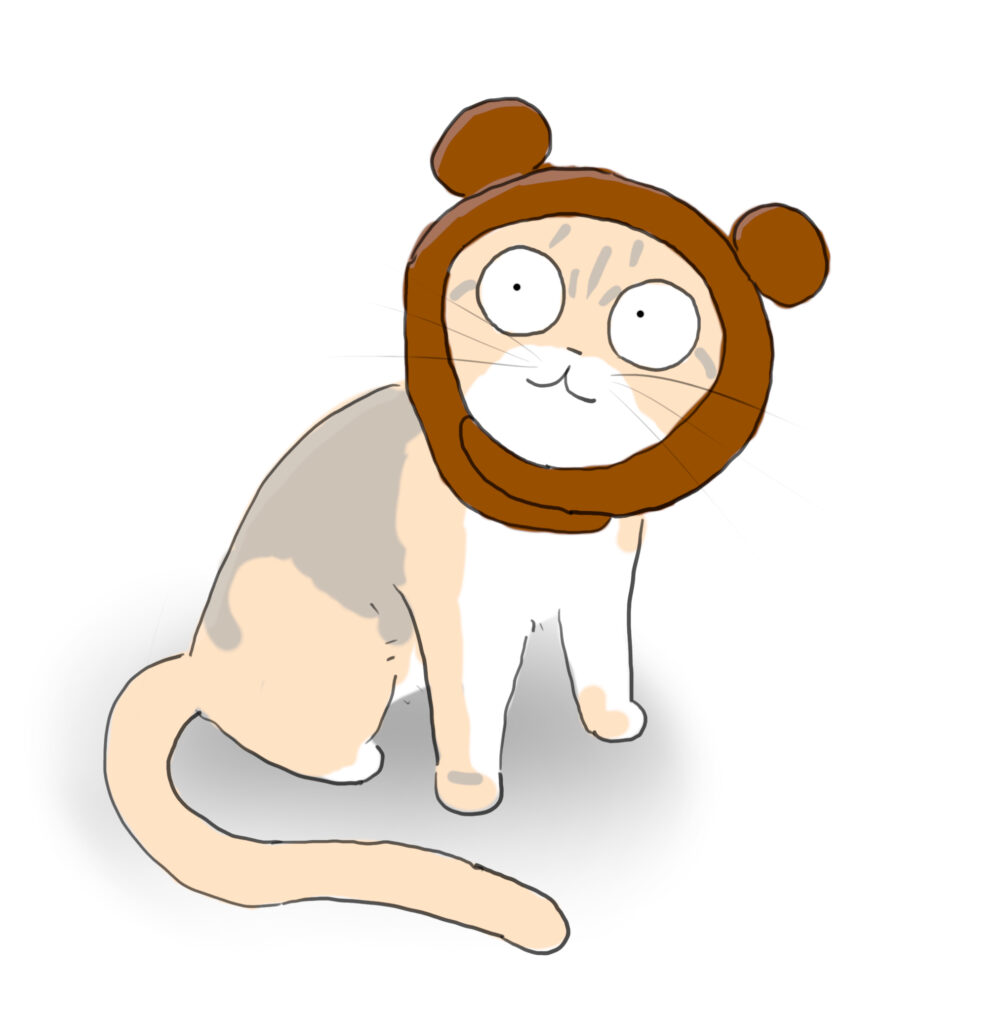
Honey (BC, Canada) is not sure if she is a little bear, or a little cat. She’s curious and would like to find out.
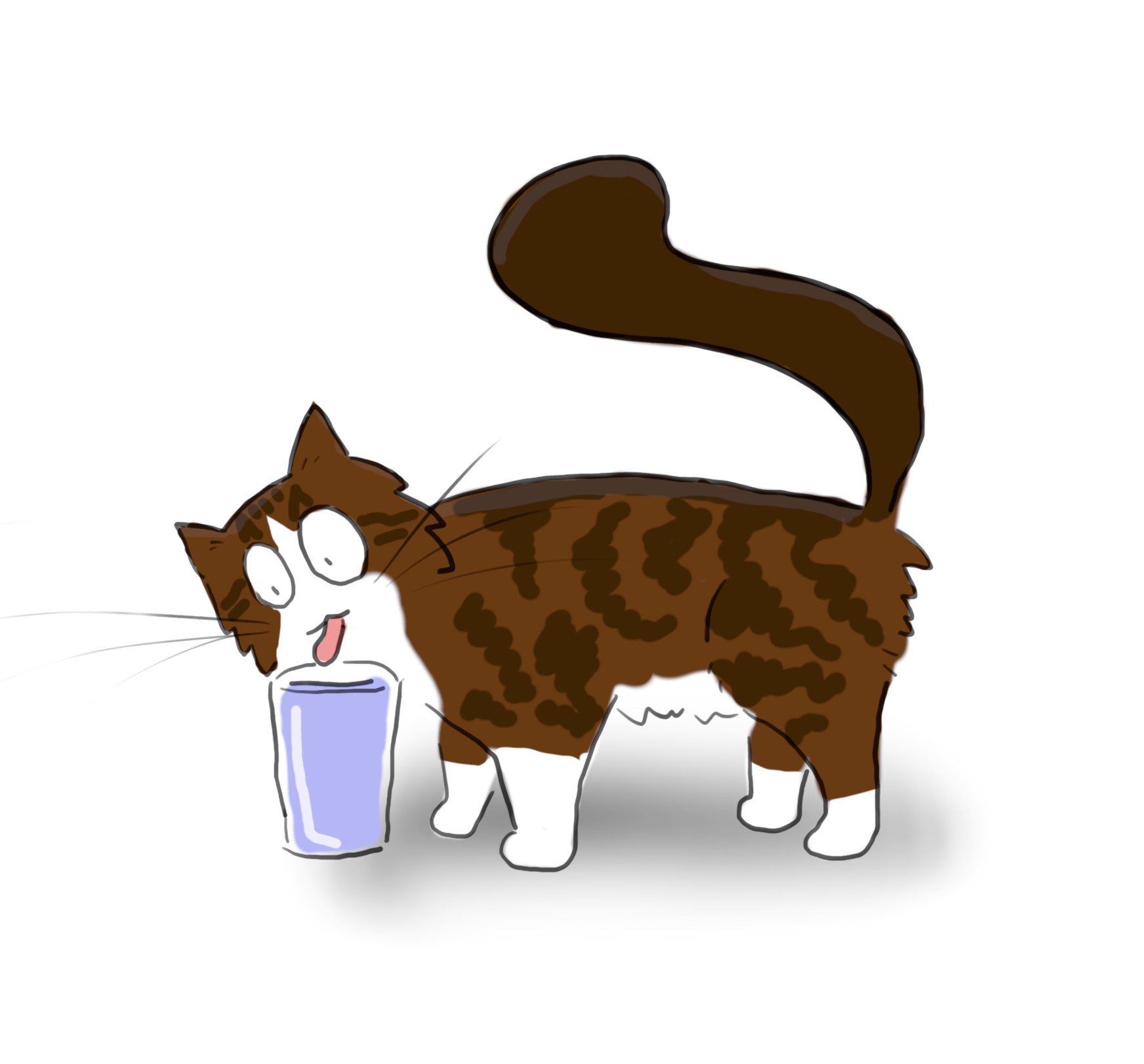
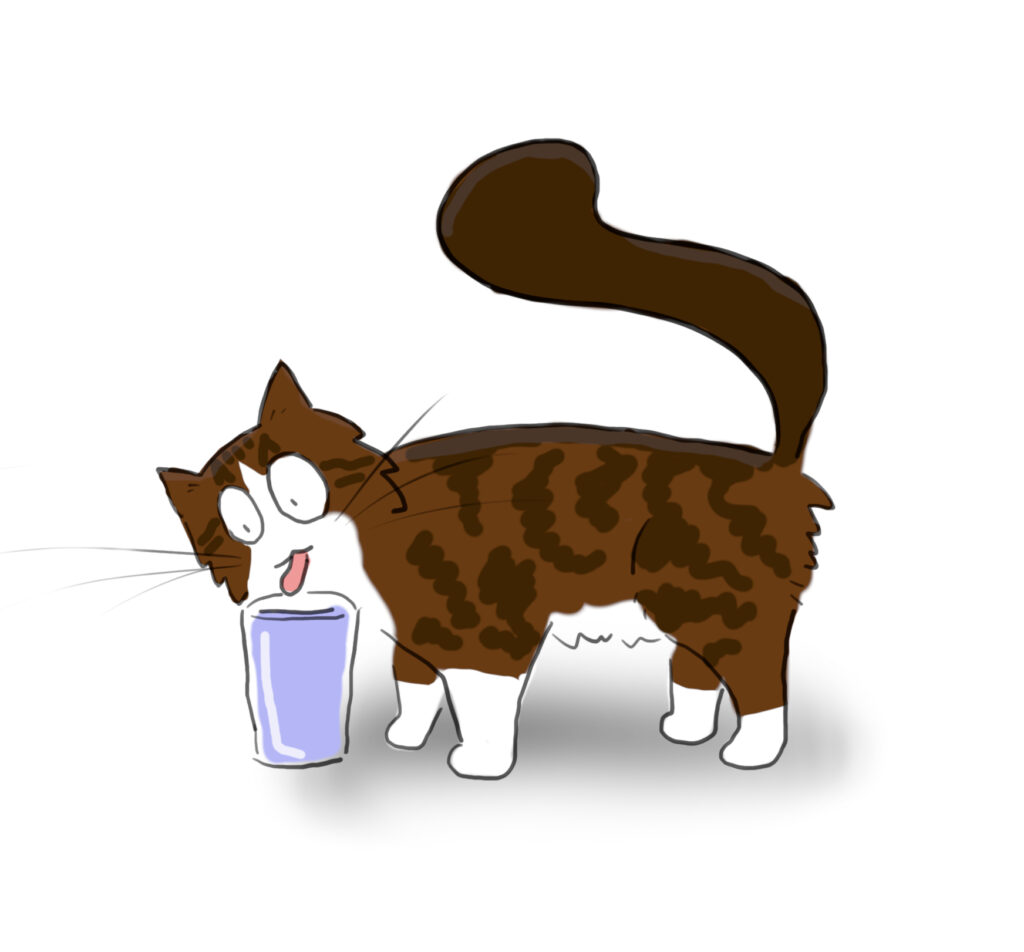
Bonnie (North Yorkshire, UK) would very much like to know what her human is drinking, and whether it tastes good. It is just water though. She knows what water tastes like.
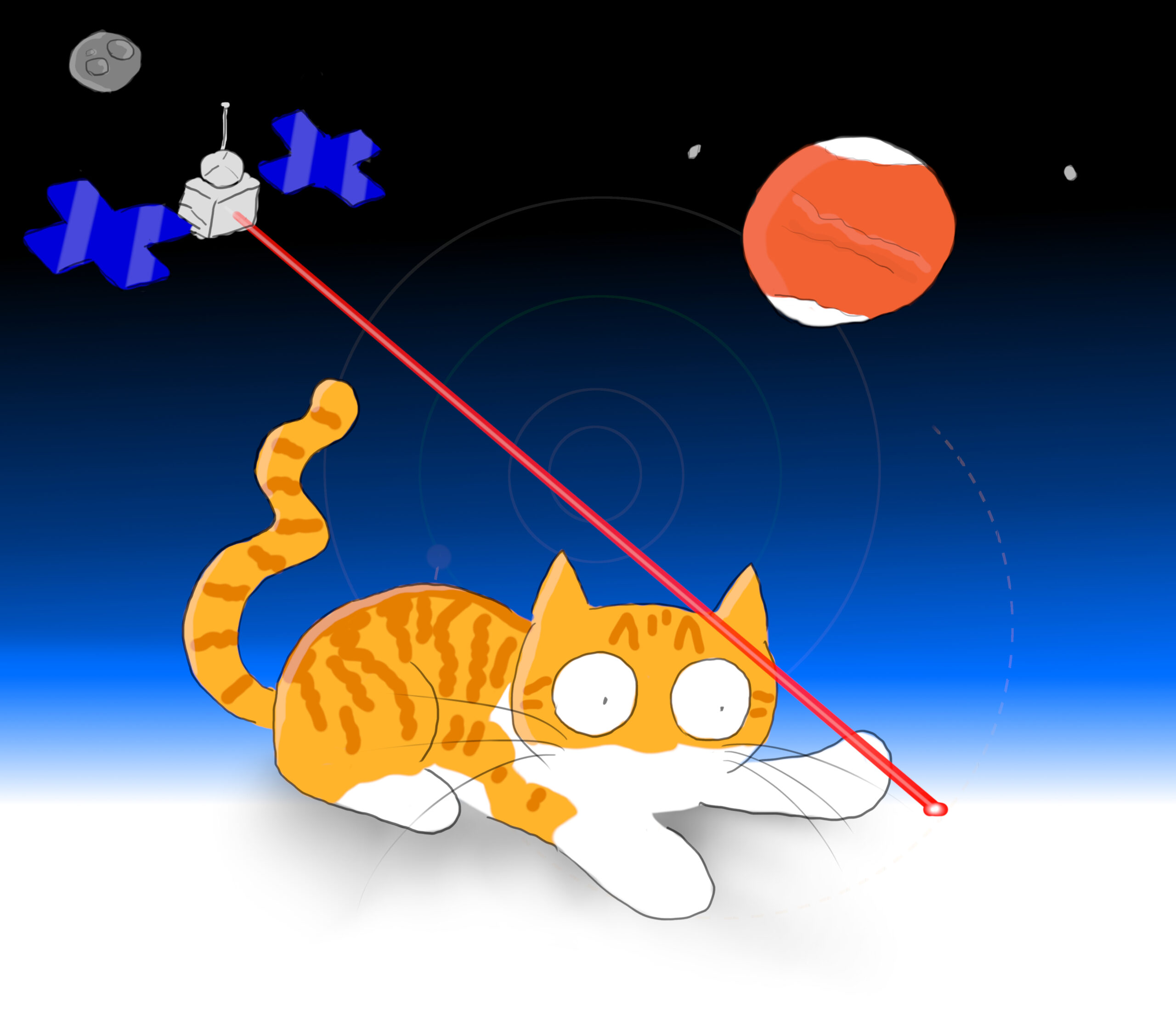
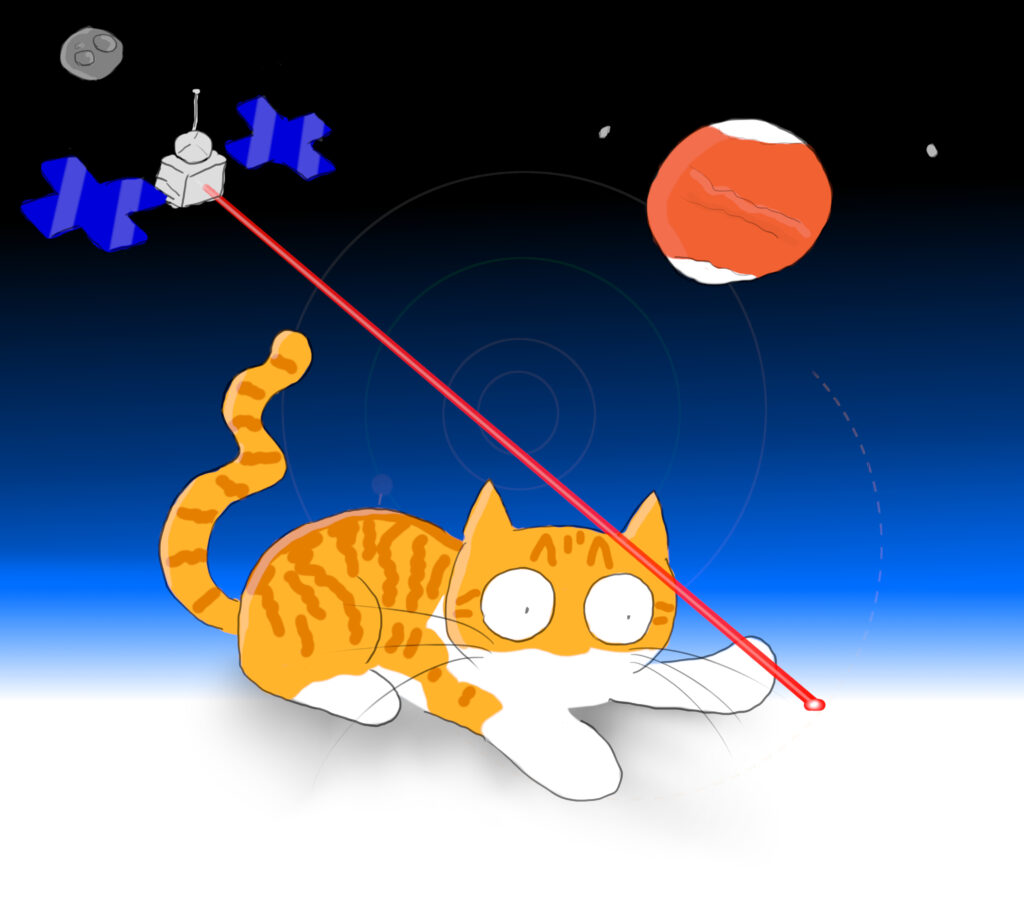
Cat News recently spoke to NASA about the work of Taters (California, USA) on the Deep Space Optical Communications experiment. Taters took on the role of Laser Motion Analytics and Close To Capture Specialist, for the mission, which saw an ultra-high definition video of him chasing a laser-dot streamed, via lasers, 31 million kilometres (19 million miles) from the Psyche spacecraft to Hale Telescope at Caltech’s Palomar Observatory in California. The demonstration proves the ability of the cutting-edge ‘flight laser transceiver’ to transmit broadband video over huge distances.
Tater’s human described how Taters became involved:
“Knowing we wanted to have an HD video of a cat chasing a laser, the team actually thought of using beautifully filmed cinematic stock video. I filmed several test videos of my cat Taters chasing a laser with my phone to use as temporary video to build the idea and finalize graphics/technical overlays concepts. Despite finding a few videos that worked - they were almost TOO good - and we kept coming back to the charm and DIY of Taters. We all agreed however the video needed to be better quality with more energy from Taters. I did a massive set up in my apartment of lights and cameras pointed at a backdrop and a freshly charged laser pointer. But Taters wanted nothing to do with it all. He laid down and stared at the moving laser for 45 minutes doing nothing. I was very upset at the wasted time and told him to leave the room. I took everything down and packed it up, getting ready to let [the team] know I couldn’t get the footage needed and to consider the stock again. As I walked into my living room, Taters was lounging dead center on the couch.
I simply sat down on my coffee table, pointed the laser at the couch and filmed again with just my phone. He went crazy and that is the footage we used in the final video. A video done on his terms, not mine.”
Tater remains available as a specialist for future DSOC experiments, but ‘meanwhile he’ll keep focused on his goals of chasing more lasers, eating more flies and finding better ways to wake up his dad at 4am.’
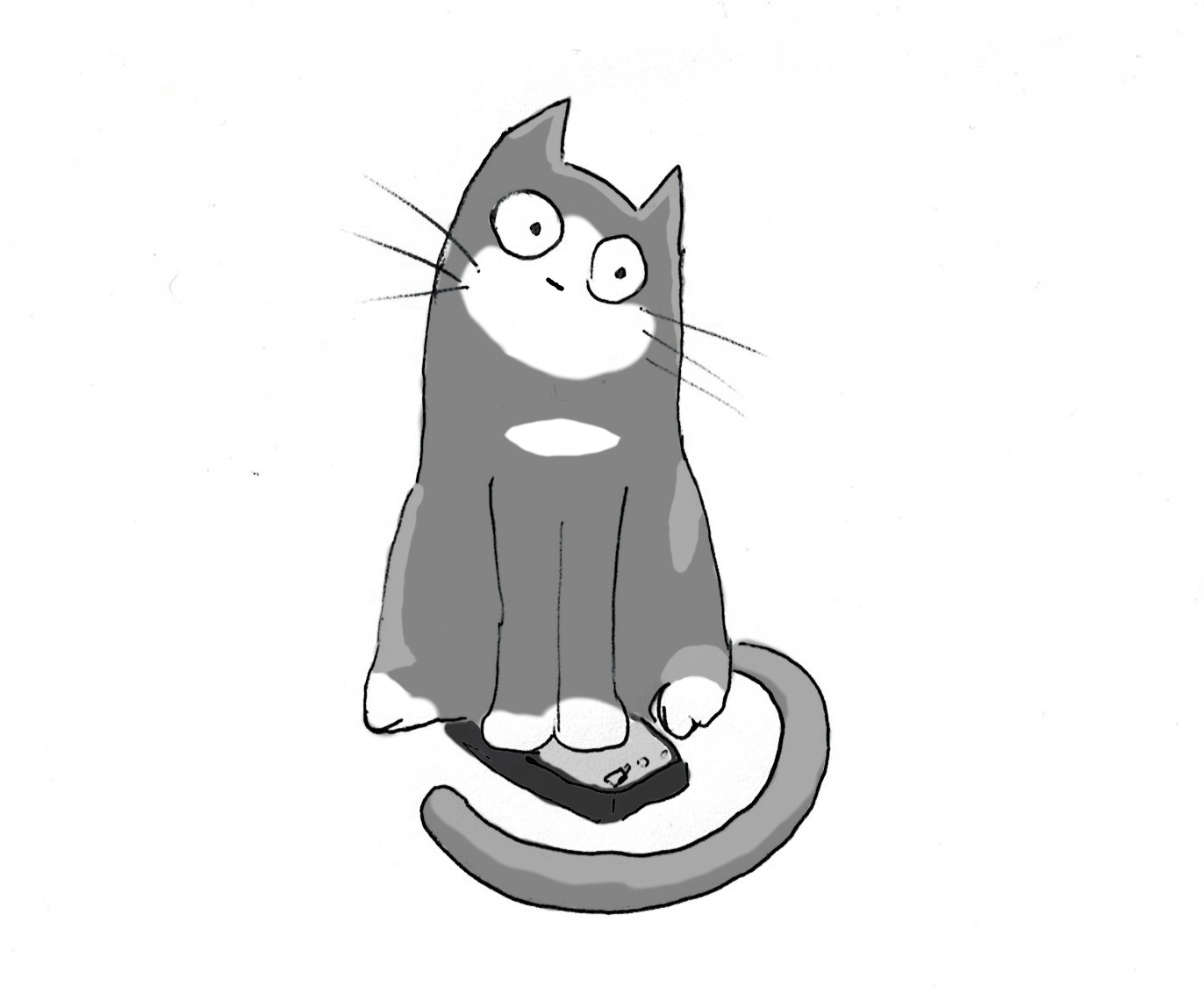

After many minutes searching, it was discovered that Sassje (West Netherlands, Netherlands) was sitting on her human’s phone all this time. It is now nice and warm.

TC (Buckinghamshire, UK) reports that since his failed attempt to teach hunting skills to the miniature humans, he has tried a dissection lesson instead. This time he provided a fully dead squirrel and placed it in front of his food bowl, where he proceeded to show the inner workings to the miniature humans. This did seem to rouse more interest and less screaming. Sadly, despite this, the miniature humans’ hunting skills have yet to improve.